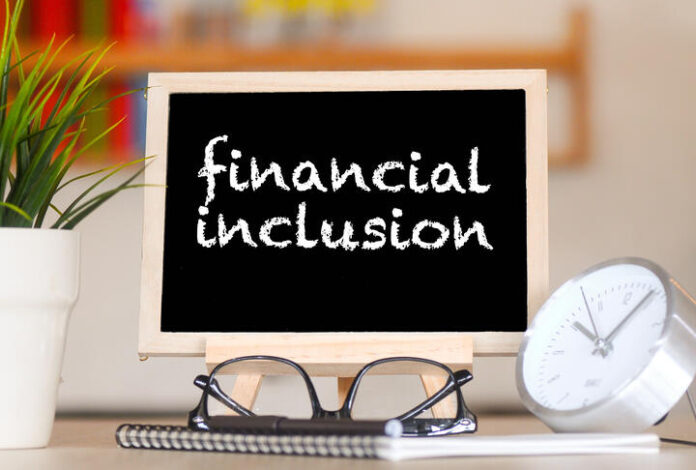Financial inclusion grows higher than the global average
By Jeph Ajobaju, Chief Copy Editor
Nigerians with accounts in banks, microfinance organisations, mobile money service providers, and other regulated institutions rose 16 percentage points from 2011 to 45 per cent in 2021.
This is contained in a World Bank report titled, “The Global Findex Database 2021: Financial Inclusion, Digital Payments, and Resilience in the Age of COVID-19”.
Overall account ownership rate in developing economies increased 30 percentage points, from 42 per cent in 2011 to 71 per cent in 2021 – a rise of more than 70 per cent.
Global account ownership jumped from 51 per cent in 2011 to 76 per cent in 2021. In Nigeria, account ownership growth rose from 30 per cent to 45 per cent in the decade.
“Individual economies saw different rates of growth over the past decade. Between 2011 and 2021, economies such as Peru, South Africa, and Uganda drove up the average with account ownership increases of 25 percentage points or more,” the World Bank said.
“Other economies saw much smaller increases over longer periods. Pakistan, for example, grew by just 10 percentage points over the past decade, from 10 per cent in 2011 to 21 per cent in 2021.
“The Arab Republic of Egypt and Nigeria increased ownership by 18 percentage points and 16 percentage points, respectively – from 10 per cent to 27 per cent in Egypt, and from 30 per cent to 45 per cent in Nigeria.”
__________________________________________________________________
Related articles:
Mobile banking on the rise worldwide
e-payments in Nigeria rise 387%
World Bank intensifies criticism of CBN business policies
__________________________________________________________________
Financial inclusion indicator
The World Bank explained that having an account is a key indicator of financial inclusion and opens the door for both men and women to use financial services in a way that promotes growth, per Nairametrics.
“Owners of accounts, whether they are with a bank or a regulated organisation like a credit union, microfinance institution, or mobile money service provider, were able to store, send, and receive money, allowing them to invest in their health, their children’s education, and their businesses, according to the report.
“It is harder for account holders to slide into poverty because they can easily rely on savings or receive financial resources from friends or family in the event of a financial emergency.”
Growth in account ownership in Nigeria and other Sub-Saharan African countries was propelled by the adoption of mobile money.
“In Sub-Saharan Africa in 2021, 55 per cent of adults had an account, including 33 per cent of adults who had a mobile money account – the largest share of any region in the world and more than three times larger than the 10% global average of mobile money account ownership.”













